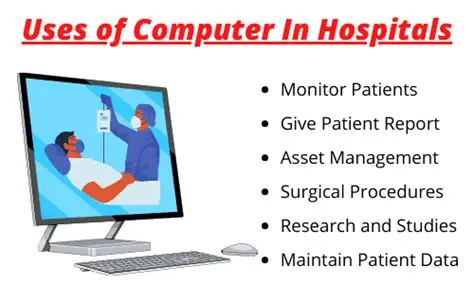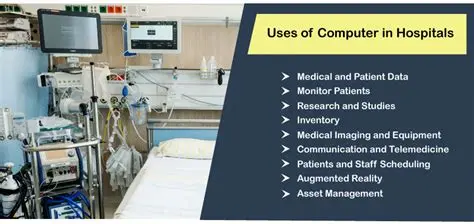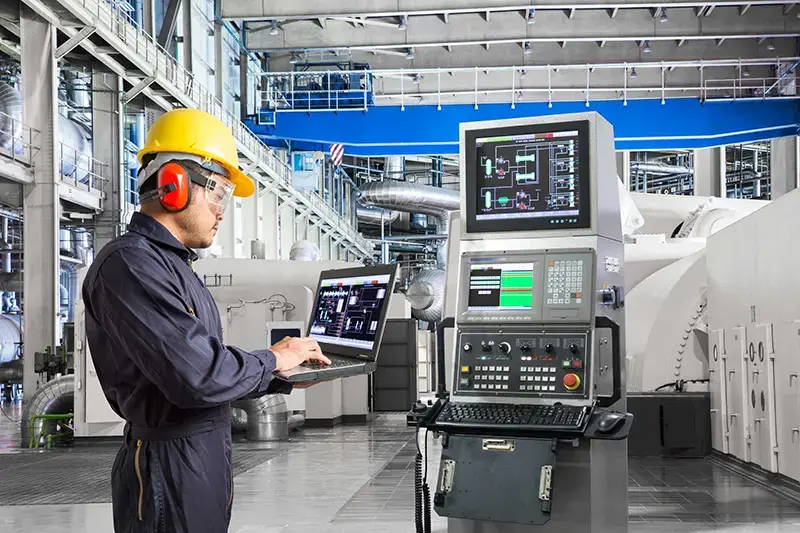

Which types of computers are mostly used in hospitals and why?
In modern healthcare industry, computers are an essential tool used in hospitals to improve patient care, streamline processes, and enhance overall efficiency. There are several types of computers that are commonly used in hospitals, each serving a specific purpose to facilitate delivery of quality healthcare services. In this article, we will explore which types of computers are mostly used in hospitals and why they are an integral part of healthcare environment.
One of most commonly used types of computers in hospitals is desktop computer. These computers are typically used in administrative offices, nurses' stations, and other non-clinical areas within hospital. Desktop computers are powerful machines that can handle a wide range of tasks, from scheduling appointments and managing patient records to analyzing lab results and conducting research. They are also cost-effective and easy to maintain, making them a practical choice for hospitals looking to improve productivity and workflow.
Another type of computer commonly used in hospitals is laptop computer. Laptops are versatile and portable devices that allow healthcare professionals to access patient information and medical records from anywhere within hospital. This flexibility is especially important in emergency situations or when healthcare providers need to consult with colleagues or specialists outside of hospital. Laptops are also used by doctors and nurses to input real-time data, such as vital signs or medication dosages, directly into a patient's electronic health record (EHR) system.
Tablet computers, such as iPads or Android tablets, are also becoming increasingly popular in hospitals. These devices are lightweight, easy to use, and have touchscreen capabilities that make them ideal for clinical settings. Tablets are often used by doctors and nurses to access medical reference materials, educate patients, or even communicate with patients via telehealth services. They can also be used for telemedicine appointments, allowing patients to consult with healthcare providers remotely without having to come into hospital.
In addition to traditional computers, hospitals also use specialized medical devices that have computer components built into them. For example, medical imaging machines, such as MRI or CT scanners, rely on computer technology to capture and process high-quality images of patients' internal organs. These images are then stored in a digital format and shared with healthcare providers for diagnosis and treatment planning. Similarly, infusion pumps, ventilators, and other medical equipment are often connected to computer systems to ensure accurate dosing and patient monitoring.


Overall, computers play a vital role in the day-to-day operations of hospitals, helping healthcare providers deliver high-quality care to patients while maximizing efficiency and accuracy. Whether it's a desktop computer in the administrative office, a laptop at the bedside, or a tablet for telemedicine appointments, computers are an essential tool that enables hospitals to provide top-notch healthcare services. As technology continues to evolve, we can expect to see even more advanced computer systems being integrated into hospitals to further enhance patient care and outcomes.










Leave a Reply